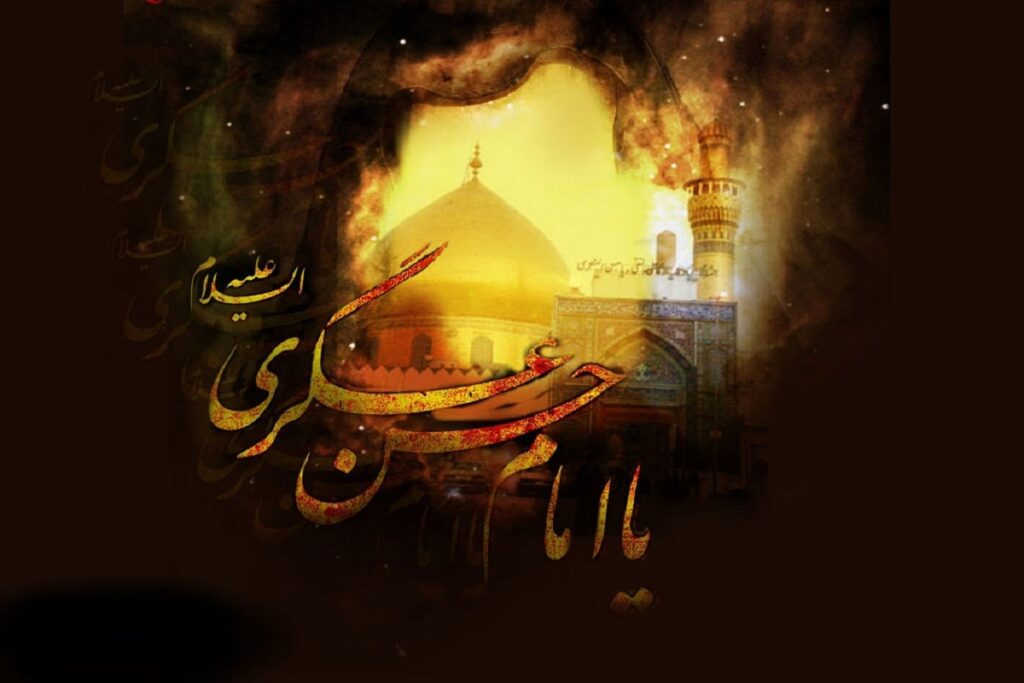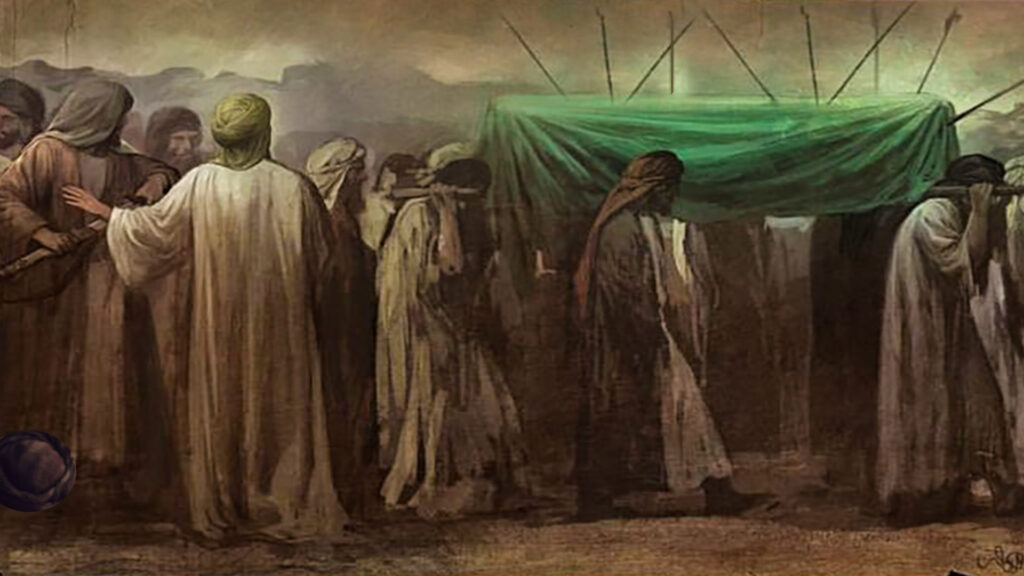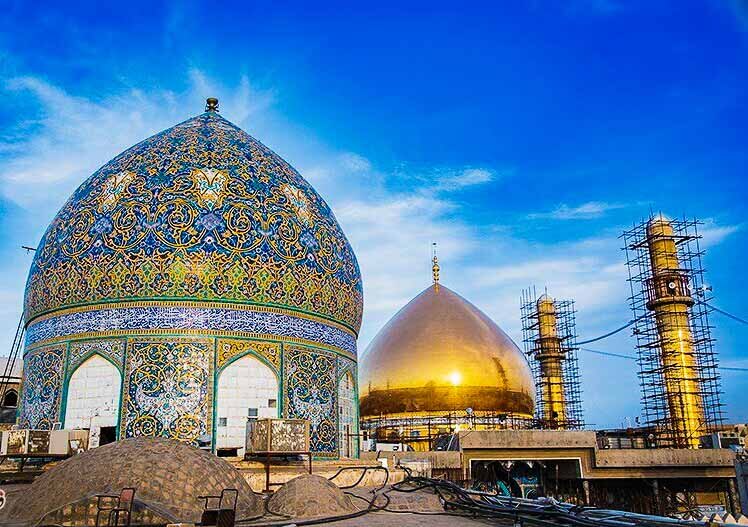Discover the inspiring life and legacy of Imam Hasan ibn Ali, the grandson of Prophet Muhammad (PBUH). Learn about his early years, leadership, peace treaty, and lessons we can apply today in this easy-to-follow guide. What is the story of Imam Hasan?
When I first learned about Imam Hasan ibn Ali, I was struck by his gentle nature and unshakable commitment to peace. As the eldest grandson of Prophet Muhammad (PBUH), he played a vital role in Islamic history. His life story isn’t just a record of events—it’s a timeless lesson in patience, compassion, and leadership. In this guide, I’ll walk you through the story of Imam Hasan, step-by-step, in a simple and engaging way.
H1: Early Life of Imam Hasan
H2: Birth and Family Background
Imam Hasan was born in the year 624 CE in Madinah. His father was Ali ibn Abi Talib, the fourth Caliph of Islam, and his mother was Fatimah al-Zahra, the beloved daughter of Prophet Muhammad (PBUH). Growing up in this household meant being surrounded by wisdom, kindness, and deep faith. From birth, Imam Hasan was blessed with the Prophet’s love, earning him the title of Sayyid al-Shabab Ahl al-Jannah (Leader of the Youth of Paradise).

H2: Childhood with the Prophet Muhammad (PBUH)
As a child, Imam Hasan often played on the Prophet’s lap, receiving both affection and guidance. The Prophet cherished him and his brother, Imam Husayn, equally. This upbringing taught him honesty, humility, and empathy. One hadith states, “Hasan and Husayn are my sons. Whoever loves them loves me, and whoever hates them hates me.” This strong bond shaped Imam Hasan’s character for the rest of his life.
H1: Imam Hasan’s Role After the Prophet’s Passing
H2: Support for His Father, Imam Ali
After the Prophet’s passing, Imam Hasan supported his father, Imam Ali, during his Caliphate. He stood by him in political challenges and military campaigns, showing loyalty and patience. Although young, his wisdom impressed elders. When his father was martyred, the Muslim community turned to Imam Hasan for guidance. His leadership was marked by sincerity, not personal ambition.
H2: Becoming the Caliph
In 661 CE, Imam Hasan became the Caliph of the Muslim Ummah. His reign was short but important. He inherited a divided community—some supported him, others supported Muawiya in Syria. Rather than seeking power through war, Imam Hasan aimed for unity. He understood that the cost of civil war would harm the Muslim world for generations.
H1: The Peace Treaty with Muawiya
H2: Choosing Peace Over Conflict
The most famous event in Imam Hasan’s life was his peace treaty with Muawiya ibn Abi Sufyan. Instead of continuing a bloody war, Imam Hasan chose to step down as caliph in exchange for promises of fair rule. This decision was not weakness—it was an act of courage. By avoiding war, he saved thousands of lives, teaching us that sometimes peace requires more bravery than battle.
H2: Terms of the Treaty
The peace treaty included:
- Muawiya would rule according to the Qur’an and Sunnah.
- He would not appoint a successor.
- Safety of Imam Hasan’s supporters would be guaranteed.
This agreement remains a unique example of selfless leadership in Islamic history.

H1: Lessons from Imam Hasan’s Leadership
H2: Patience in Adversity
One of the greatest lessons I learned from Imam Hasan is patience. Despite being in a position of power, he was willing to give it up for the greater good. His actions remind me that leadership is about responsibility, not titles.
H2: Prioritizing Unity
Another lesson is unity. In our own lives, we often face conflicts—whether at work, school, or home. Imam Hasan showed that sometimes stepping back can lead to a greater victory for everyone.
H1: Personal Life and Character
H2: Generosity and Kindness
Imam Hasan was known for his generosity. It’s recorded that he gave away wealth multiple times to help the poor. People described him as soft-spoken, kind-hearted, and deeply spiritual. His humility was so great that he often walked among people without guards, speaking to everyone with respect.
H2: Worship and Devotion
He dedicated himself to prayer, fasting, and charity. Witnesses say he performed Hajj on foot multiple times, showing his humility before Allah. His life was a living example of practicing faith sincerely, without seeking praise.
H1: The Final Years of Imam Hasan
H2: Facing Betrayal
Sadly, Imam Hasan faced betrayal even from those close to him. Historical accounts say he was poisoned, leading to his illness. Despite knowing this, he forgave the people involved, embodying the Prophet’s teachings on mercy.
H2: Passing and Burial
Imam Hasan passed away in 670 CE in Madinah. He was buried in Jannat al-Baqi cemetery, near other companions of the Prophet. His life remains a shining example of faith, leadership, and compassion.
H1: The Final Days and Death of Imam Hasan
H2: The Beginning of His Illness
In the last years of his life, Imam Hasan faced political challenges and personal pain. Historical accounts say he was poisoned, most likely through a conspiracy involving political enemies who feared his influence. The poison caused severe illness, leaving him weak and in constant discomfort. Despite knowing he was targeted, Imam Hasan avoided seeking revenge, focusing instead on patience and prayer.

H2: Betrayal from Within
Some narrations mention that the poisoning involved someone close to him, possibly manipulated by outside forces. This betrayal was one of the most heartbreaking parts of Imam Hasan’s life. Even in the face of such treachery, he chose forgiveness over retaliation, embodying the Prophet’s teachings of mercy.
H2: His Final Advice
Before his passing, Imam Hasan shared important advice with his family and followers. He reminded them to stay united, avoid unnecessary disputes, and always remain loyal to the Qur’an and Sunnah. His words were filled with love, wisdom, and a deep concern for the future of the Muslim Ummah.
H2: Passing Away
In the year 670 CE (50 AH), Imam Hasan passed away in Madinah at the age of 46. His departure left the Muslim community in deep grief. People remembered his gentle smile, his generosity, and his unwavering commitment to peace.
H2: Burial at Jannat al-Baqi
Imam Hasan was buried in Jannat al-Baqi cemetery, where many companions of the Prophet are also buried. Initially, there was a wish to bury him near his grandfather, Prophet Muhammad (PBUH), but political tensions prevented this. Even in death, his story reflected the challenges he faced in life.
H3: His Legacy After Death
Today, the memory of Imam Hasan continues to inspire millions. His decision to forgive, even after being betrayed, is seen as one of the most powerful examples of Islamic ethics. His grave in Jannat al-Baqi remains a place of respect and reflection for Muslims from around the world.

“Hasan is from me, and I am from him. Allah loves whoever loves Hasan and Husayn.” – Prophet Muhammad (PBUH)
H1: Table of Key Facts about Imam Hasan
| Aspect | Details |
|---|---|
| Full Name | Hasan ibn Ali ibn Abi Talib |
| Birth Year | 624 CE |
| Father | Imam Ali ibn Abi Talib |
| Mother | Fatimah al-Zahra |
| Grandfather | Prophet Muhammad (PBUH) |
| Key Event | Peace Treaty with Muawiya |
| Death Year | 670 CE |
| Burial Place | Jannat al-Baqi, Madinah |
H1: Key Takeaways
- Imam Hasan was the eldest grandson of Prophet Muhammad (PBUH).
- He became Caliph after his father, Imam Ali.
- His peace treaty with Muawiya prioritized unity over power.
- He was known for generosity, patience, and deep faith.
- His life teaches us humility, forgiveness, and the power of peaceful solutions.
Conclusion
The story of Imam Hasan is more than history—it’s a guide for life. His patience, wisdom, and kindness continue to inspire Muslims and non-Muslims alike. He showed that true leadership is not about holding on to power but about protecting the community’s well-being. In a world filled with conflict, remembering Imam Hasan’s example can help us choose peace, unity, and compassion in our own lives.


